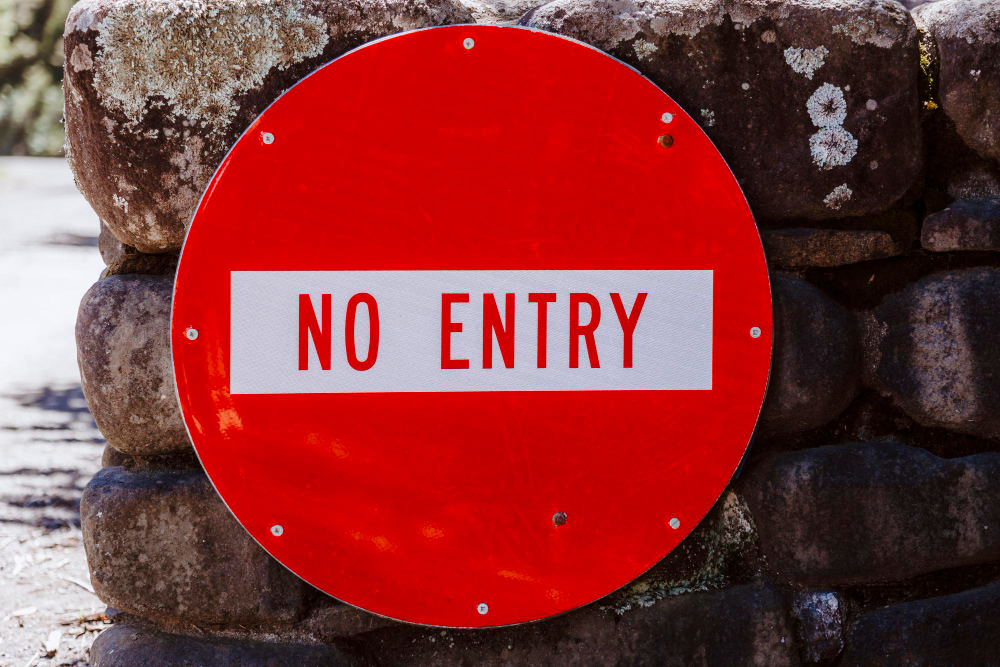Latvia Implements Ban on Russian Tourists Entry Until March 2025
MAIN POINTS
1. Latvia Extends Ban on Russian Tourists: Latvia has prolonged its prohibition on Russian tourists entering the country until March 2025.
2. Reasons for Extension: The extension is attributed to concerns regarding safety and security.
3. Exemptions from Entry Ban: Certain categories of Russians are exempt from the entry prohibition.
Latvia has decided to maintain its ban on Russian tourists entering the country until March 4, 2025. The Latvian Cabinet of Ministers cited ongoing security risks as the rationale behind continuing to prevent Russians from visiting for leisure or tourism purposes. The restrictions on entry pertain to Russian citizens intending to cross the EU's external border for recreational reasons.
These restrictions were initially implemented in September 2022, and Latvia has opted to extend them for an additional 12 months. The Cabinet of Ministers underscored Russia's military aggression against Ukraine as an ongoing threat to Latvia's internal security, prompting the extension to safeguard the country's borders.
Exemptions from the Entry Ban
Although the entry ban for Russian tourists remains effective until March 2025, Latvia's authorities have specified exceptions. Russians holding residence permits issued by Latvia or any other EU/EEA nation are permitted to cross the border. Additionally, Russians with long-term Schengen visas and family members of Latvian and EU citizens possessing short-term visas can enter Latvia. The ban also excludes Russian nationals entering Latvia for humanitarian purposes and employees of transportation services.
Support for Latvia's Decision
Latvia's decision to prolong the entry ban for Russian tourists has garnered approval from several Reddit users. Some users emphasized the necessity of limiting contact with Russians due to current risks, while others advocated for complete isolation from Russia, including trade and travel. However, some users cautioned against painting all Russians with the same brush, highlighting the need to consider individuals facing political persecution or those opposed to participating in conflicts.

